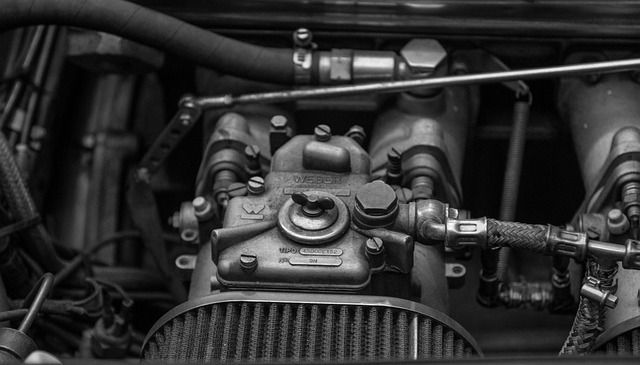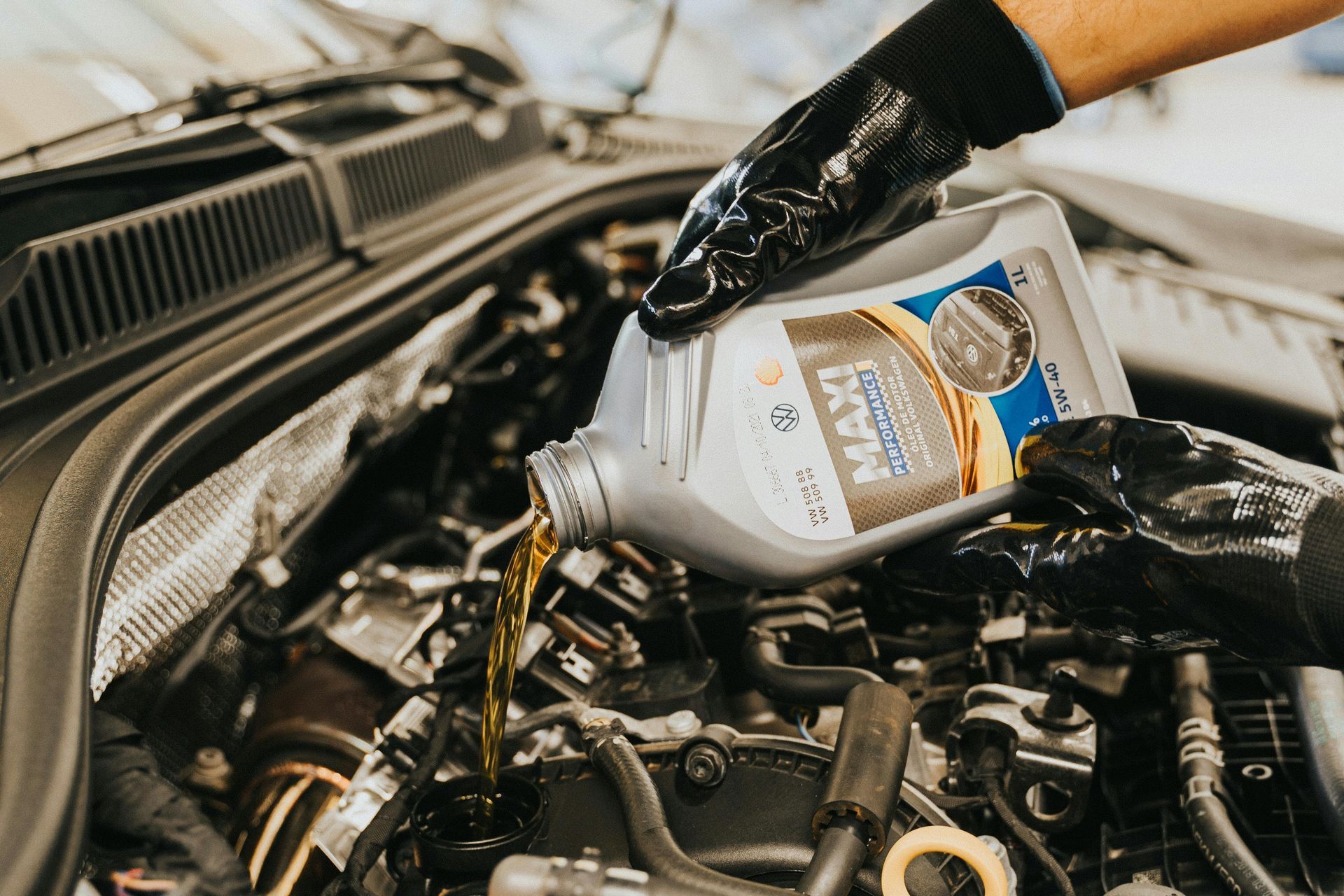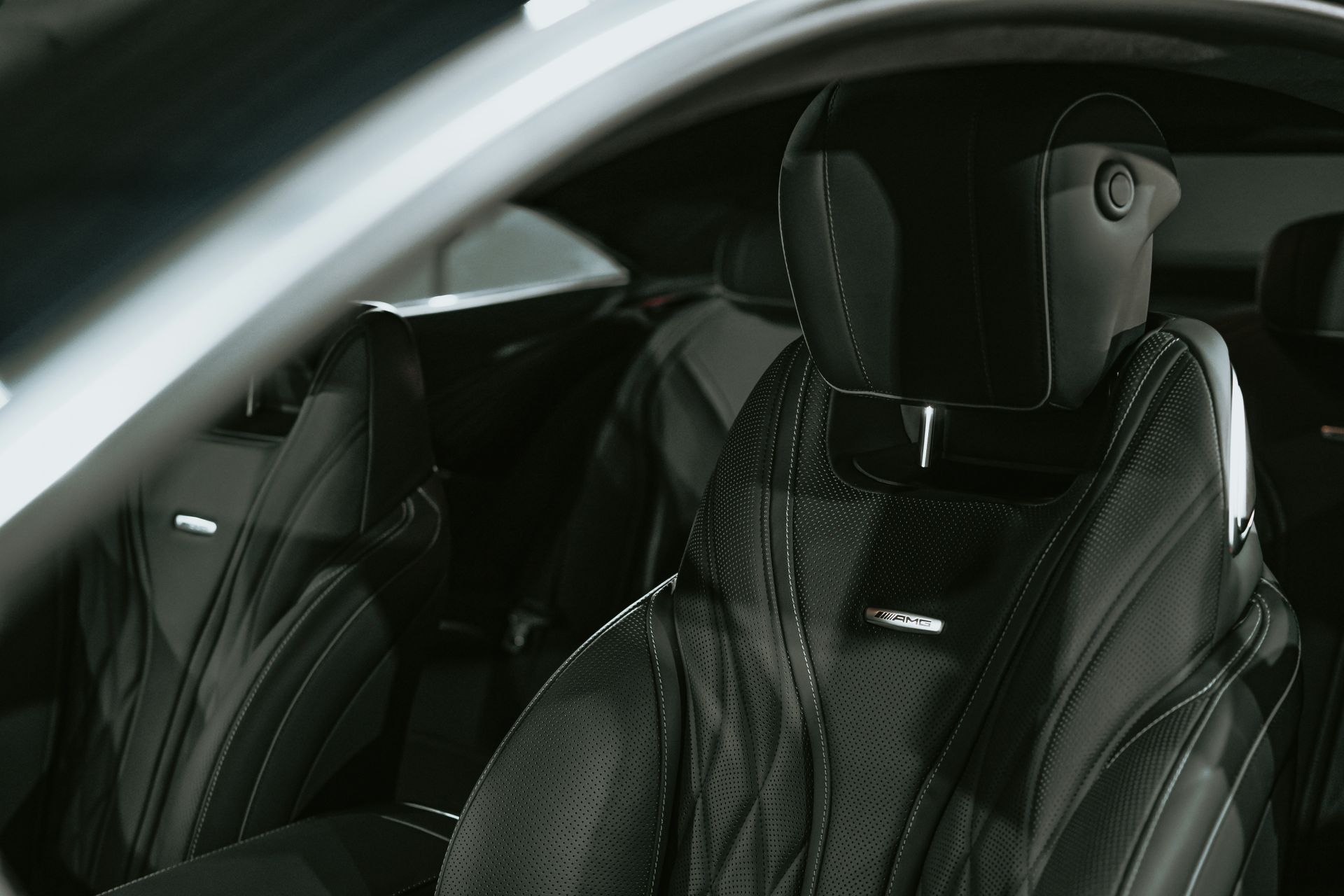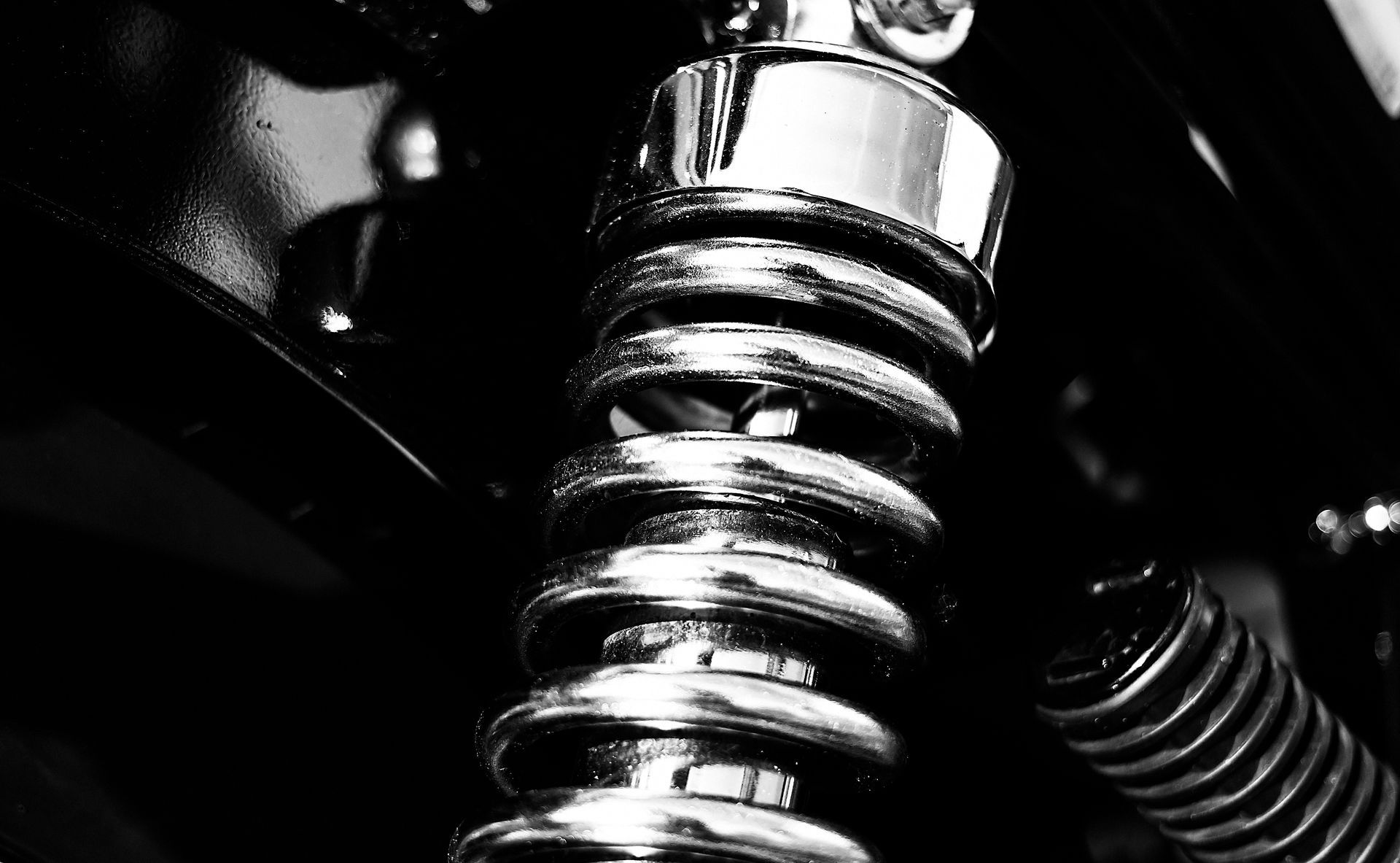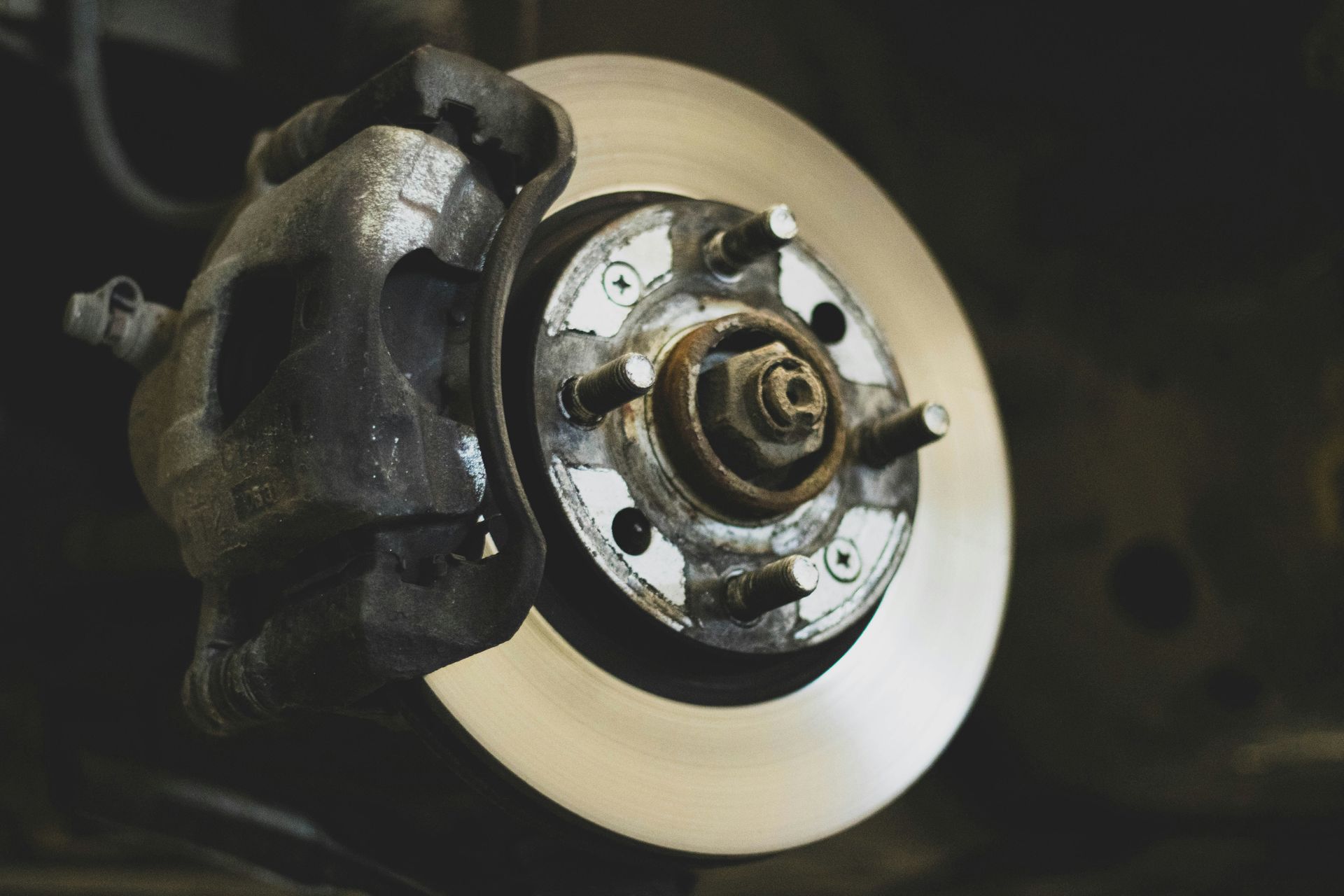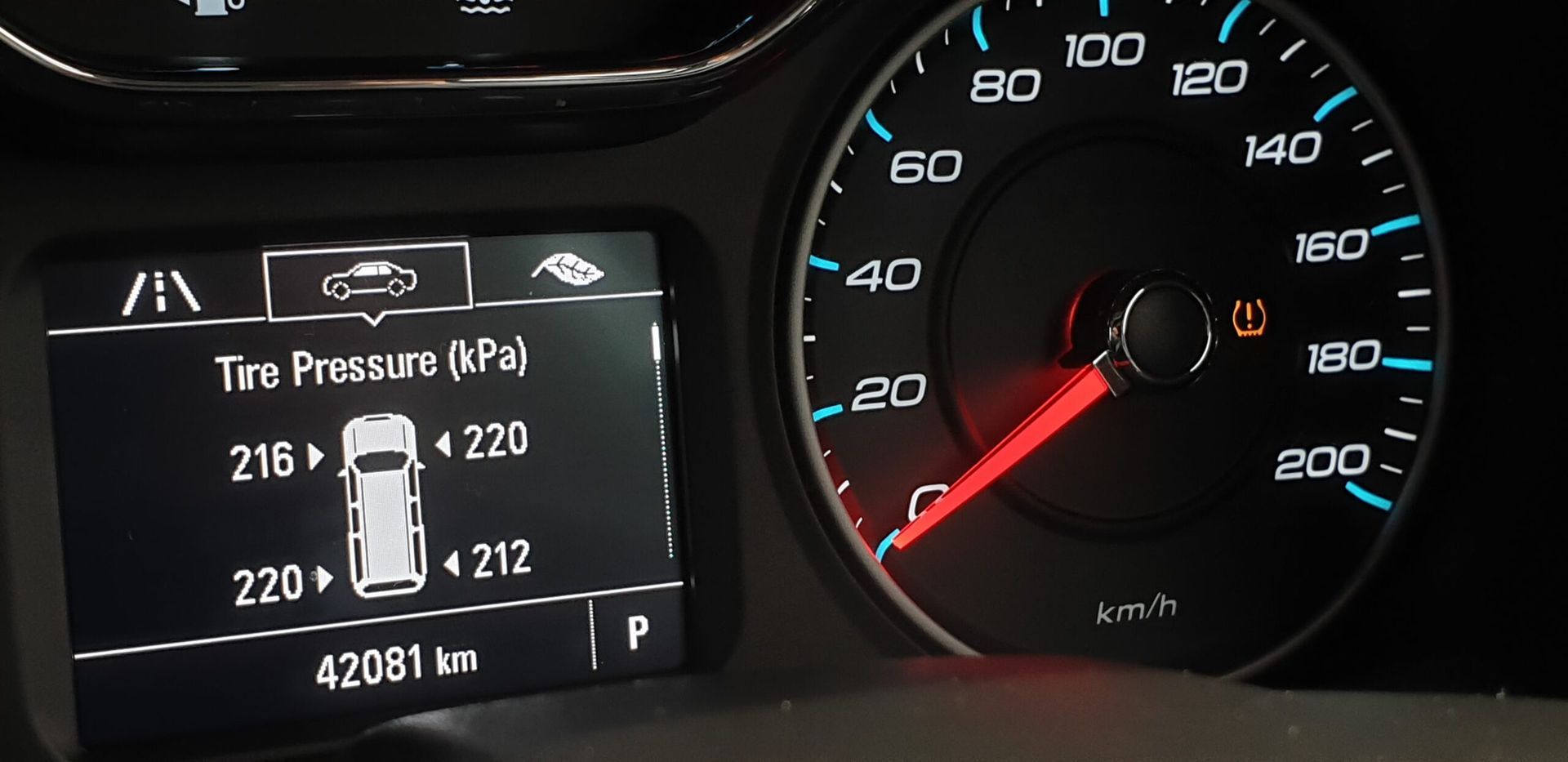DOES QUALITY OF GASOLINE MATTER?
A common question among car owners is, “does it really matter what quality of gas I put in my tank?” Most auto mechanics will tell you that yes, quality matters. Digressing for a moment to clarify, available gasoline qualities come in 87, 89, and 91 octane ratings. The higher the octane rating, the more car owners can expect to pay at the pump. Auto mechanics will further explain that while all vehicles can properly operate using 87 octane gasoline exclusively, individuals inevitably run into problems down the line after prolonged usage.
As the quality of gasoline declines so does its cleanliness. Gasoline manufacturers add engine cleaning detergents to their fuel that help prevent carbon deposits from forming on the inside of an engine. Gasoline with a 91 octane rating has far more cleaning agents than does the lowest grade of E.P.A approved 87 grade gas. Drivers who use nothing but 87 octane gasoline will not only eventually contend with carbon deposits in their engines but will also be forced to repair and replace fuel filters, hoses, and a number of other engine parts, including fuel injectors” that are negatively impacted by “dirty” fuel.
Different Vehicles, Different Requirements
While all vehicles can utilize low grade gasoline and operate properly for a time, all vehicles are made differently and therefore may not be impacted by low grade fuel in the same manner. A good example of this are high performance and some luxury vehicles designed for heavy workloads, racing, and those with specialized or custom engines. Such vehicles benefit tremendously from the cleanest of gasoline’s. Yes, they’ll continue to operate smoothly albeit at a slightly lower capacity. While operating with low grade fuel in their tanks, owners of these high performance machines will undoubtedly notice a drop off in terms of miles per gallon, tork, and overall performance.
Conversely speaking, smaller and more common vehicles such as those driven around town, to work, or to school tend to be less adversely affected by lower tier gasoline than do their bigger and more expensive brethren. This is because the quality of their parts requires less from fuel to continue operating at optimal levels. Of course putting top tier fuel in a small car can help keep its engine cleaner for longer periods of time but its effects on longevity, performance, and power are far less pronounced in these types of cars.
What’s In Your Wallet?
Many times the gasoline a car owner opts for has nothing to do with the health or performance of their engine but rather their budget. Low tier gasoline is often 20 to 30 cents cheaper than is the highest grade of gas. That may not sound like much but it adds up quickly as empty tanks are filled. Car owners with long commutes and modest budgets must be frugal and may have no choice but to fill their tanks with low tier gasoline found at independent gas stations. Of course there are some very affordable octane boosters that can be added to the tanks of such cars though the efficacy of some brands is questionable. It behooves any individual considering this route to do their homework before spending their hard earned money on any supplement/additive.
Manufacturer’s Recommendations
It may come as a surprise to many but manufactures of vehicles have recommendations in place for not only service and maintenance but gasoline as well. Hyundai and Kia for example recommend that those whom own their cars utilize top tier fuel. Furthermore, they strongly urge adding fuel system additives to tanks that are routinely filled with low tier gasoline. Doing so will prevent many types of debris from building up in the fuel systems of these cars and negate the need for repairs and replacements because buildup will never get out of hand.
Top Tier Standards
The vast majority of major oil companies have adopted “Top Tier Standards” for the gasoline they manufacture. Among these stand Shell, Exxon,Mobile, Chevron, Texaco, and Valero, just to name a few. More and more companies are set to adopt these standards as it produces a superior brand of fuel and gives a better product to both gas stations and car owners. Ultimately this means less engine pinging or knocking, better mileage, higher performance, and healthier fuel systems for all brand of cars.
Albany CA Auto Repair by Dana Meyer Auto Care. Call 510-527-1938 .
